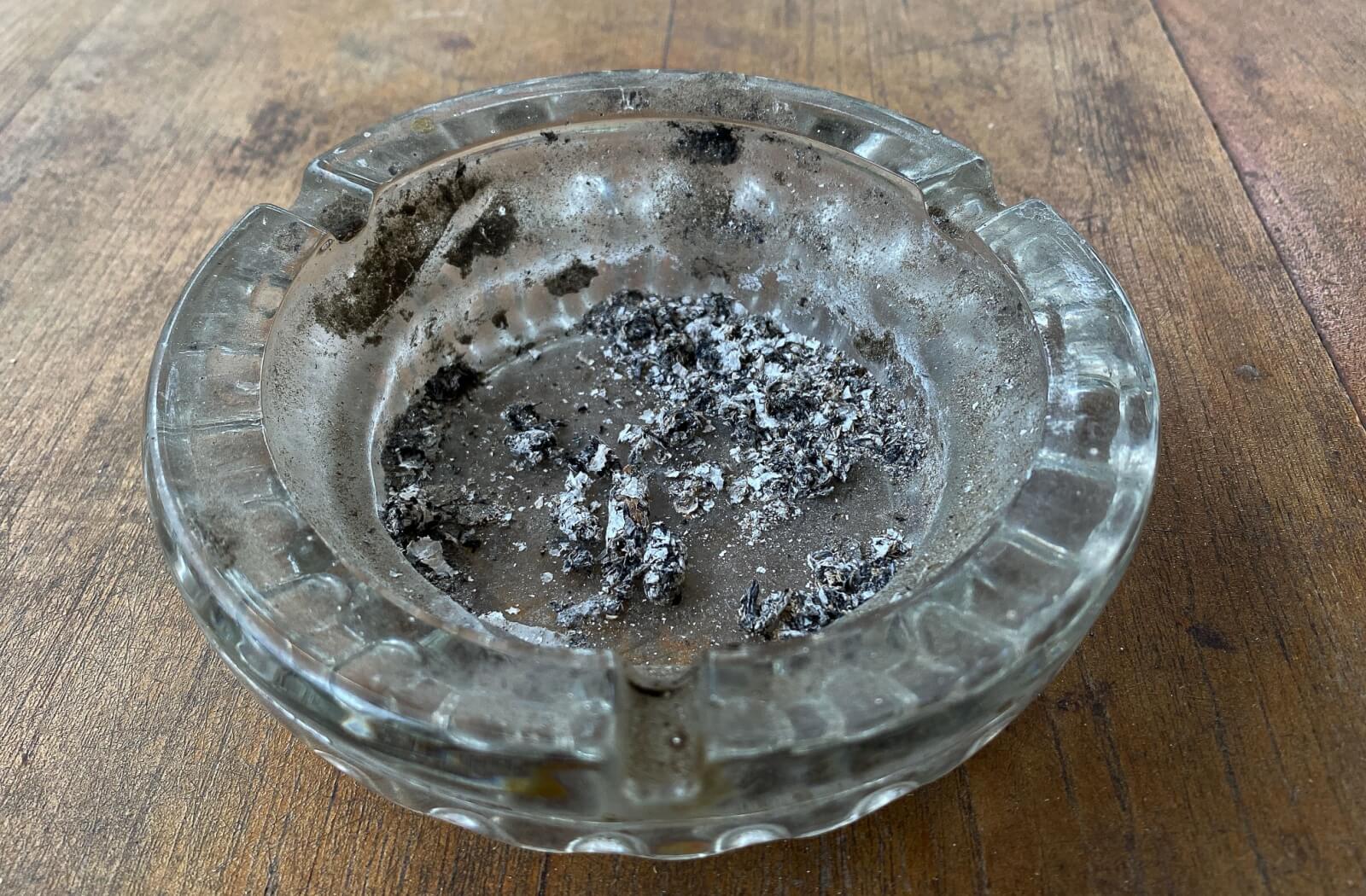Can You Smoke After a Root Canal?

After undergoing aroot canal, it's natural to have questions about your recovery process. One common concern is whether it's safe to smoke or use other tobacco products following the treatment.
After a root canal, it’s important not to smoke.Your dentist can provide detailed instructions on what to do to help speed up your recovery process.
What Is a Root Canal?
A root canal is a dental procedure that involves removing infected or damaged pulp from inside a tooth. The pulp contains nerves and blood vessels that can become inflamed or infected due to deep decay, repeated dental procedures, or trauma.
During the treatment,your dentist will clean out the affected pulp, shape the inside of the tooth, and seal it to prevent further infection. The tooth is then restored with a filling or crown. Root canals are highly successful procedures with a success rate ofover 90%.
Effects of Smoking After a Root Canal
Smoking after a root canal is not recommended for several reasons.
Reduced Blood Flow
Smokingconstricts blood vessels, reducing the amount of oxygen and nutrients that reach the affected tooth. This slows down the healing process and increases the risk of complications.
Delayed Healing
The chemicals present in tobacco productsimpair the body's natural healing ability. More specifically, these substances contain toxins that can damage cells and tissues, making it harder for the body to repair itself.
Increased Risk of Infection
Smokingweakens the immune system, making it more difficult for the body to fight off infections. This increases the risk of developing complications such as abscesses after a root canal.
How to Help Your Mouth Heal After a Root Canal
To ensure a smooth recovery following a root canal, try following these essential tips:
Avoid Tobacco Products
One of the most crucial steps in promoting healing is to steer clear of smoking and other tobacco products. Doing so will significantly enhance your recovery and reduce the likelihood of complications.
Follow a Soft Food Diet
After the procedure, your tooth and the surrounding tissues may be sensitive. For the next few days, or until your dentist advises otherwise, stick to a soft food diet to minimize discomfort.
Maintain Good Oral Hygiene
Keeping your mouth clean is vital for proper healing. Brush your teeth twice daily and floss once a day. Using fluoride toothpaste will help strengthen your teeth and gums during this recovery phase.
Utilize Over-the-Counter Pain Relievers
It’s common to experience mild discomfort after a root canal. Over-the-counter pain medications such as ibuprofen or acetaminophen can alleviate pain and swelling. Always consult your dentist before taking any medication.
Attend Follow-Up Appointments
Your dentist may schedule follow-up visits to monitor your healing progress. Be sure to attend these appointments and share any concerns or issues you may have.
Avoid Pressure on the Treated Tooth
Refrain from chewing or biting down on the treated tooth until it has fully healed. Applying pressure can cause further damage and hinder the healing process.
Be Patient
Healing is a gradual process. It may take several weeks for your mouth to recover completely after a root canal. Don't be discouraged if you experience some discomfort or sensitivity during this time.

Maintaining Optimal Oral Health
Beyond these tips, prioritizing overall oral health is crucial. Ensure you brush and floss regularly, use fluoride toothpaste, and schedule routine check-ups and cleanings with your dentist. These practices are essential for preventing the need for future root canals.
Ensuring a Smooth Recovery After a Root Canal
Adhering to these aftercare recommendations will promote a seamless recovery following your root canal. Avoid smoking and follow your dentist's instructions closely to reduce the risk of complications.